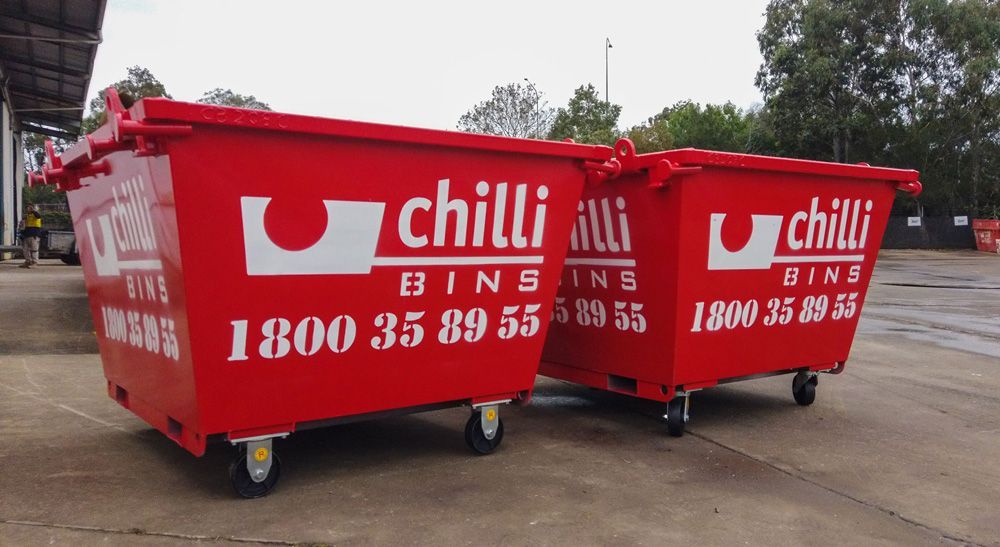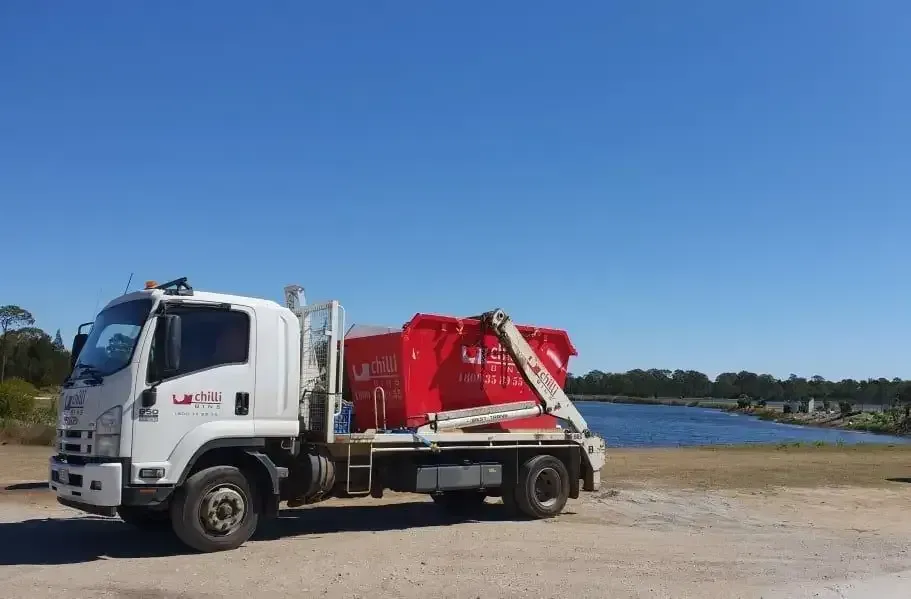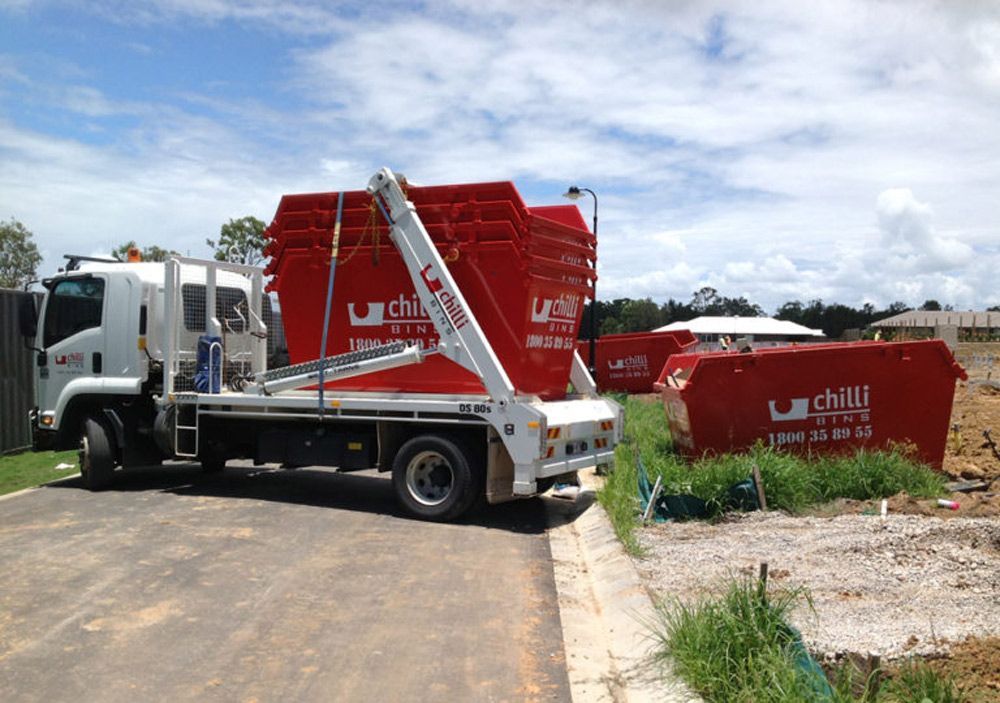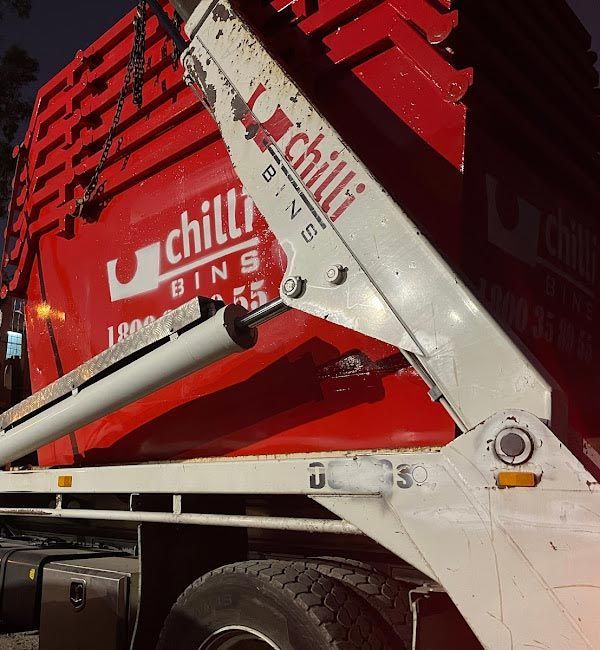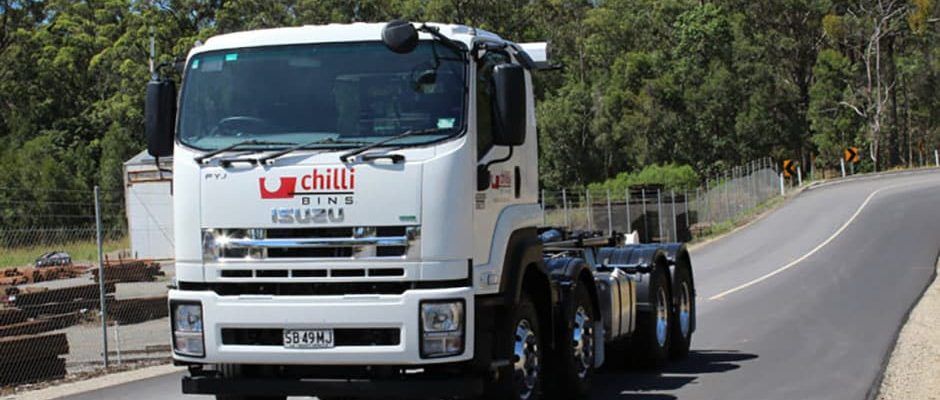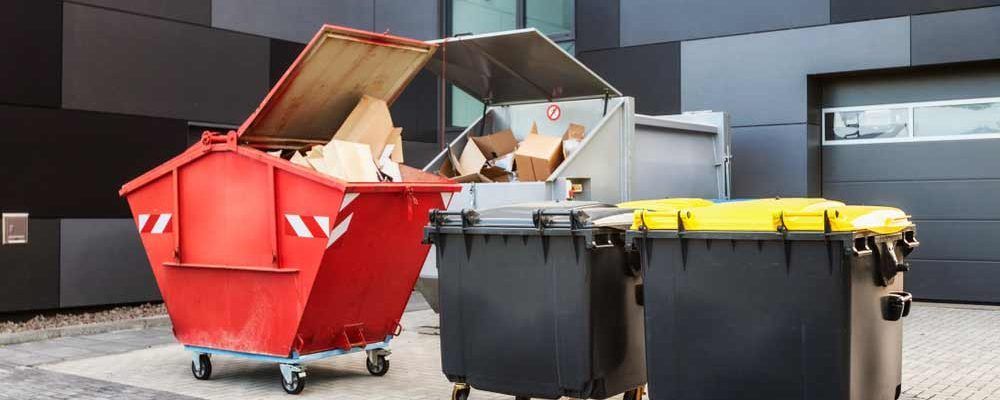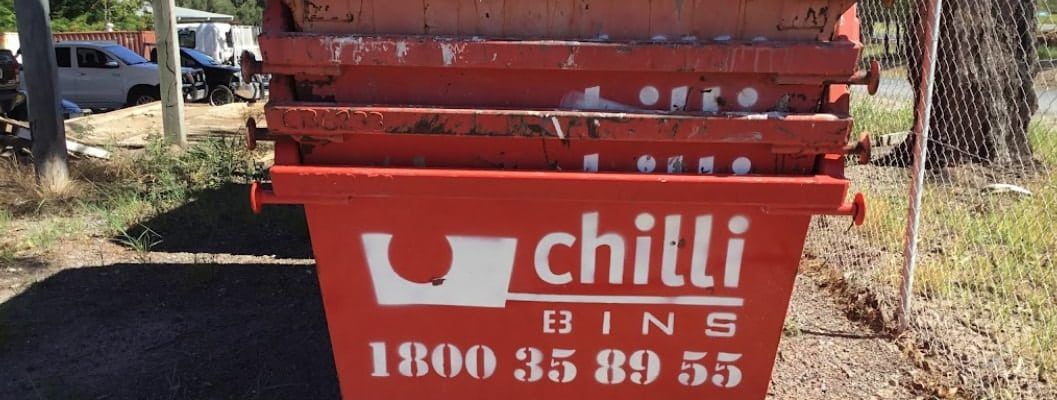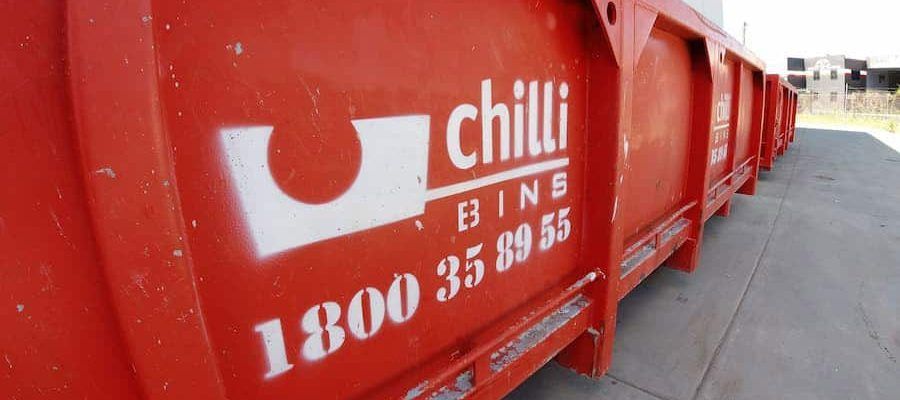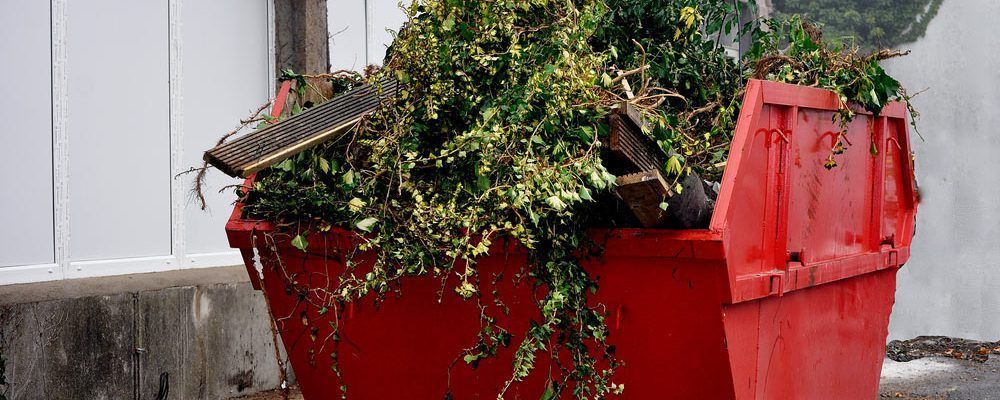What is sustainable waste management?
What is sustainable waste management, and why is it important? Consumer consumption has a number of impacts, and one of them is on the environment. According to the United Nations, an estimated 11.2 billion tonnes of solid waste is collected each year. Reducing the volume of solid waste that we dispose of through methods such as incineration or landfill is one of the ways we can protect the planet; both now and for future generations. Reducing waste doesn’t only relate to the destination of waste – it also concerns the manufacturing and supply of products. In this article, we will define sustainable waste management in 2022: What does it mean? And why is it important?
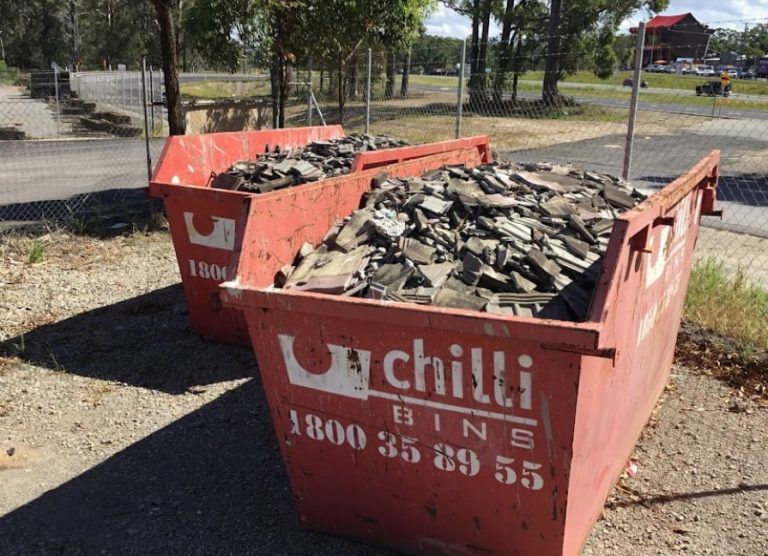
Sustainable waste management definition
We can define today’s sustainable waste management systems as strategies that reduce the volume of waste through the life cycle of a product – from production to supply chains, usage and disposal. Effective sustainable waste management not only handles waste in a more environmentally manner, but is also focused on decreasing the amount of waste that we produce in general.
Types of waste
So when we talk about sustainable waste management, which type of waste are we referring to? Waste can include:
- Rubbish from households
- Rubbish from commercial premises and construction sites
- Electronic waste, including discarded telephones, computer parts and batteries
- Radioactive waste from fuel processing plants, research facilities and hospitals
Why is sustainable waste management important?
While directly addressing the immediate issues that waste poses, sustainable waste management also has an eye on the future, helping the world to control its use of finite resources and ease the stress on the planet caused by the consumption of society.
Paper and cardboard make up a large share of solid waste in communities, despite the work that has been done to roll out recycling schemes for this type of waste. If we managed to achieve zero paper waste, the planet would be saving significant volumes of oil, energy, trees and landfill space. Recycling is making a difference, and we mustn’t rest on our laurels.
We dispose of billions of dollars worth of food each year, a lot of which is edible and need not be thrown away. One way to reduce this kind of waste is to increase donation loops and encourage composting. It is important to avoid food waste being sent to landfills, where its decomposition produces methane and CO2 – two global warming causes. Food production is also a huge issue. Emissions from food manufacturing, as well as overfishing in the seas, need to be reduced; both now and in the long term. Then there’s plastic manufacturing, which requires the extraction of petrochemicals and often produces single-use products that pose a problem for disposal
A holistic sustainable waste management system
Ultimately, sustainable waste management must concertedly target the various elements of the waste lifecycle. This begins with the avoidance and reduction of waste, an emphasis on the recycling and reuse of waste, and sustainable ways of treating and disposing of waste.
Governments must take the lead in creating a circular economy that prioritises sustainable waste management. The benefits will be felt for generations – not only in an environmental sense but also economically and socially, too. From potentially high costs to the questionable quality of some recycled products; there are challenges to overcome along the way. But the price of not sustainably dealing with waste will ultimately be too great for the planet to pay.
Are you looking for residential, commercial or industrial bin hire for responsible waste disposal? Contact Chilli Bins today on 1800 358 955.
